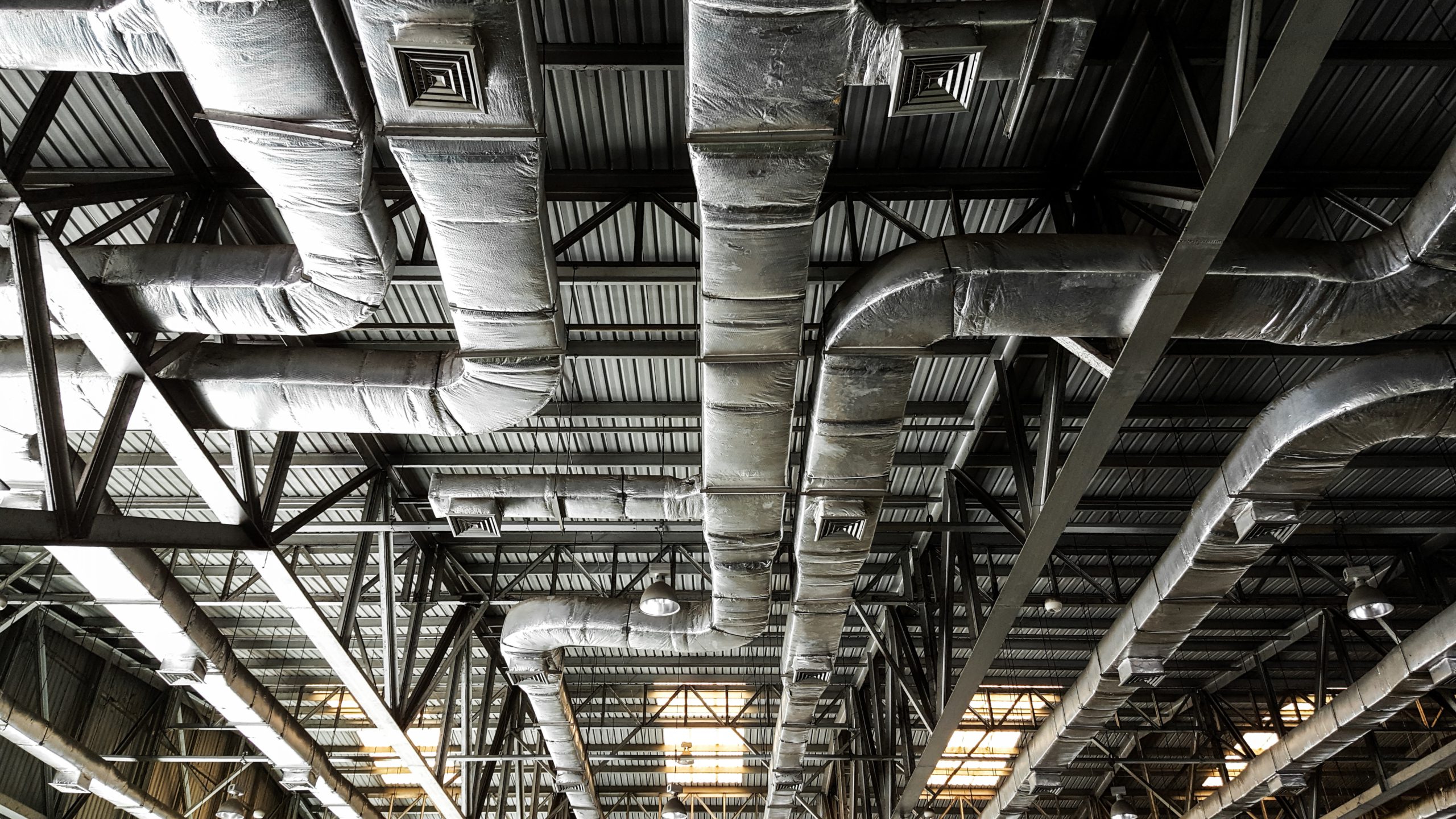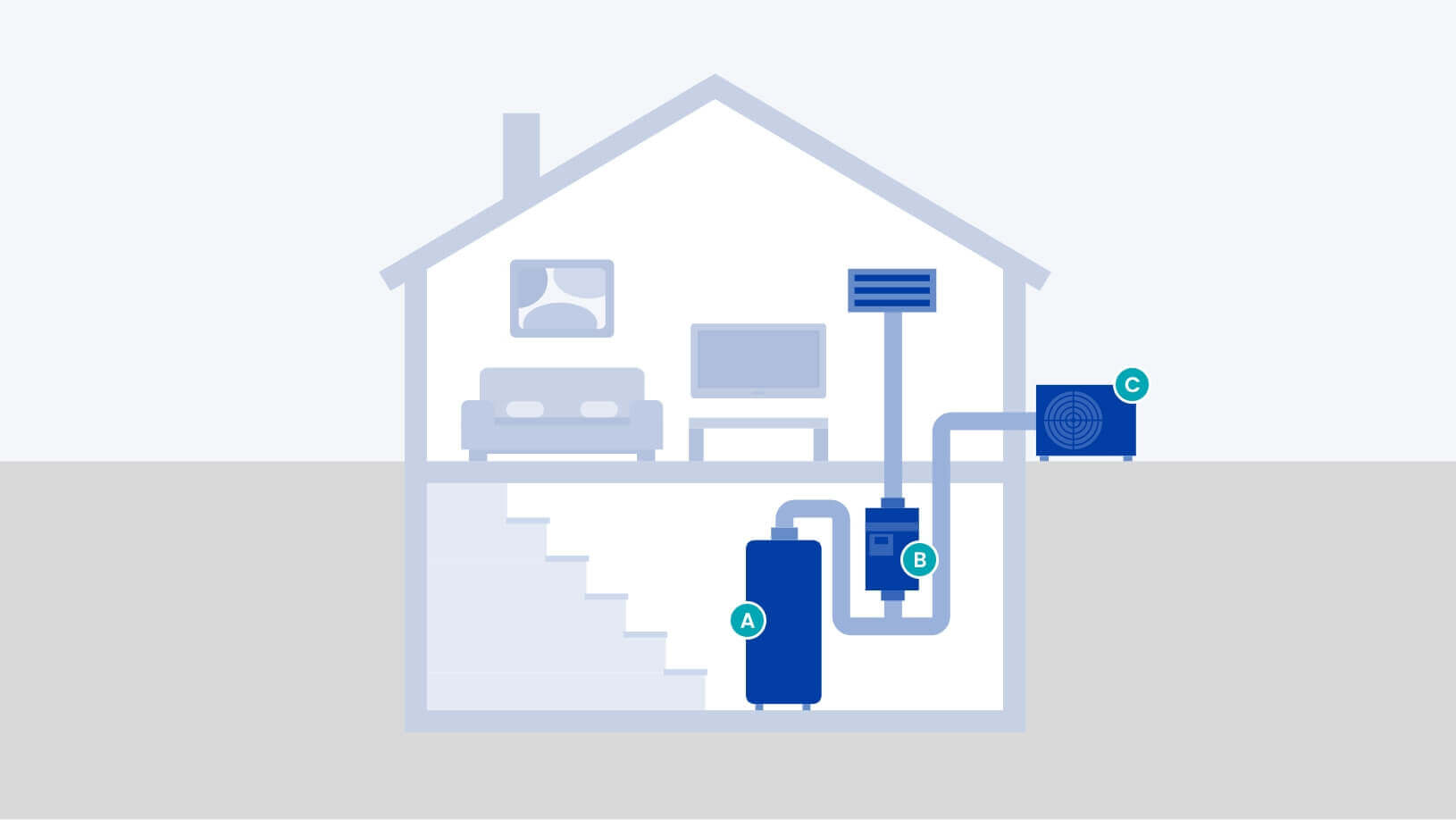Heating Contractor Focusing On Efficient Home Heating Solutions
Heating Contractor Focusing On Efficient Home Heating Solutions
Blog Article
A Thorough Take A Look At A/c Providers and Their Impact on Power Performance and Price Financial Savings
The role of cooling and heating services in enhancing power efficiency and accomplishing price financial savings is more essential than ever before, as businesses and homeowners seek lasting services in a significantly eco-conscious globe. With technical improvements like clever thermostats and high-efficiency components, the potential for optimizing system performance is vast. Yet, real influence of these advancements depends mainly on normal upkeep and positive problem management. As we explore the elaborate relationship between a/c systems and functional expenses, consisting of the shift in the direction of eco-friendly choices, the concern develops: just how can these approaches be properly applied to take full advantage of both financial and ecological benefits?

Value of Heating And Cooling Equipments
HVAC systems are a vital component of modern-day structures, playing a critical function in preserving healthy and balanced and comfy indoor environments. These systems, encompassing air flow, air, and heating conditioning, are crucial for managing temperature, humidity, and air top quality, consequently guaranteeing the well-being of owners. Efficient heating and cooling systems contribute dramatically to producing an optimal interior climate, which is crucial for both commercial and property spaces.
In business buildings, HVAC systems are important to offering a risk-free and effective atmosphere. By managing interior environment conditions, these systems assist protect against the growth of mold and mildew and the spread of airborne pollutants, thus securing the health of staff members and customers. Furthermore, in household settings, cooling and heating systems improve living problems by supplying constant thermal convenience and improving interior air quality, which is crucial for total health.
In addition, the design and maintenance of a/c systems have a straight impact on energy usage and functional prices. Correctly created and preserved systems can considerably minimize power use, bring about lowered utility expenses and a smaller carbon impact. The performance of these systems thus plays a vital function in advertising sustainability and power preservation within structures, highlighting their relevance in the modern-day architectural landscape.
Advances in HVAC Innovation
Advancement in a/c modern technology is changing the means structures take care of interior climates, introducing a new age of efficiency and control. Recent developments have focused on enhancing energy usage while improving user comfort. One significant advancement is the combination of smart thermostats, which utilize artificial intelligence to find out tenancy patterns and change temperatures appropriately, decreasing unnecessary power usage.
Variable Refrigerant Flow (VRF) systems represent an additional substantial jump forward. These systems allow for specific temperature level control in different areas of a structure, improving comfort and reducing power waste. VRF innovation is particularly useful for large business spaces, offering adaptability and scalability.
Additionally, the advent of Net of Things (IoT) tools has changed a/c systems into interconnected networks efficient in real-time data collection and evaluation. This connectivity makes it possible for anticipating upkeep, ensuring systems run at peak efficiency and minimizing unanticipated downtime.
In addition, improvements in products and layout, such as using high-efficiency coils and compressors, have enhanced total system efficiency - Heating Contractor. The adoption of eco pleasant cooling agents additionally highlights the sector's dedication to sustainability
These technological advancements are pivotal in lowering operational expenses and ecological impact, setting brand-new standards for developing environment monitoring.
Heating And Cooling Upkeep and Efficiency
Guaranteeing optimum efficiency of cooling and heating systems expands past technological developments; it also hinges on efficient upkeep techniques. Regular maintenance is essential for maintaining air conditioning contractor performance, lowering energy consumption, and prolonging the life span of a/c systems. The main objective is to guarantee that all parts function at their peak capacity, consequently lessening energy waste and preserving consistent indoor convenience degrees.
Regular upkeep jobs, such as cleaning or changing air filters, examining cooling agent degrees, and checking ductwork for leakages, are crucial for protecting against unneeded strain on the system. Dirty or clogged filters can block air movement, triggering the system to work harder and consume even more energy. Likewise, inadequate cooling agent levels can reduce cooling down performance, causing higher functional expenses.
Additionally, routine examinations by certified experts can identify possible problems prior to they intensify into pricey repair services or system failings. These evaluations commonly include examining electric connections, adjusting thermostats, and making certain the general integrity of the cooling and heating system. By resolving minor issues early, property owners and businesses can prevent unanticipated malfunctions and enhance energy performance.
Cost-Effective Cooling And Heating Solutions
For those aiming to get one of the most out of their ventilation, home heating, and air conditioning systems without breaking the financial institution, exploring cost-efficient heating and cooling remedies can make a considerable distinction. One immediate procedure is to invest in programmable thermostats, which permit users to set details temperatures for various times of the day, maximizing energy use and lowering unnecessary usage. By automating temperature level changes, property owners can attain substantial cost savings on power costs.
Routine maintenance is one more important part of cost-effective heating and cooling administration. Guaranteeing that filters are cleaned or replaced on a regular basis, ductwork is secured, and systems are serviced by specialists can protect against pricey fixings and boost system long life. Preventative upkeep not just preserves system performance however likewise aids in preventing unforeseen malfunctions that can lead to expensive emergency repair services.
Furthermore, retrofitting existing systems with energy-efficient elements, such as variable speed electric motors or high-efficiency compressors, can be a prudent investment. These upgrades boost functional efficiency, lower power usage, and can often be applied at a portion of the cost of a complete system substitute.
Environmental Influence Reduction
Reducing the ecological influence of HVAC systems is important in today's pursuit of sustainable living. Cooling and heating systems are significant factors to power consumption, accounting for almost 40% of power usage in business buildings.
Technological improvements in HVAC design and operation, including the combination of wise thermostats and energy-efficient warm pumps, are pivotal in decreasing carbon footprints. These innovations permit maximized power use, lessening wastefulness and improving general system efficiency. Additionally, adopting regular maintenance practices makes certain HVAC systems run at peak efficiency, more reducing unnecessary power usage.
In addition, using eco pleasant cooling agents is crucial, as standard cooling agents, like CFCs and HCFCs, have been phased out due to their ozone-depleting homes. Modern alternatives, such as hydrofluoroolefins (HFOs), offer minimized environmental threats, lining up with international environmental procedures. By welcoming these sustainable methods, heating and cooling services can play a transformative duty in decreasing environmental effects, advertising energy performance, and promoting a more sustainable future.
Conclusion

Moreover, the layout and upkeep of Cooling and heating systems have a straight influence on power consumption and functional prices. Normal upkeep is critical for maintaining efficiency, reducing energy intake, and extending the life span of A/c systems. A/c systems are significant contributors to energy consumption, accounting for nearly 40% of power usage in business structures. Furthermore, embracing routine maintenance practices ensures Heating and cooling systems operate at peak efficiency, additional stopping unneeded energy intake.
The transition to eco pleasant Heating and cooling systems additionally decreases functional prices and advertises sustainability. (Heating Contractor)
Report this page